John Stuart Mill and the Religion of Humanity introduces material that requires significant reevaluation of John Stuart Mill's contribution to the development of the liberal tradition. Through his influence, the radical anti-Christianity of the French tradition was incorporated into the Anglo-American political tradition. Linda C. Raeder examines the religious thought and aspirations of the philosopher and shows that, contrary to the conventional view of Mill as the prototypical "secular" liberal, religious preoccupations dominated his thought and structured his endeavors throughout his life.Reader explores the influence of James Mill, Jeremy Bentham, Claude-Henri Saint-Simon, and Auguste Comte on John Stuart Mill's religious thought and aims. She treats Mill's Three Essays on Religion, discusses his participation in the "Mansel Controversy, " and offers a new interpretation of On Liberty and Utilitarianism.Reader contends that the depth of Mill's animus toward traditional transcendent religion must be recognized, along with the seriousness of his intent to found a nontheological religion to serve as its replacement: the "Religion of Humanity" that he adopted, with revisions, from Comte. Mill intended his philosophical writings to assist in the realization of this aim, and they cannot adequately be comprehended without an awareness of their subterranean religious theme.




































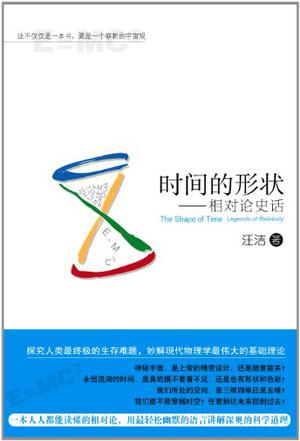
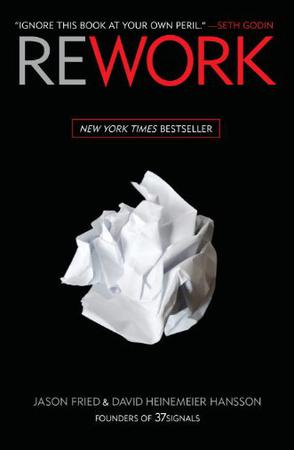
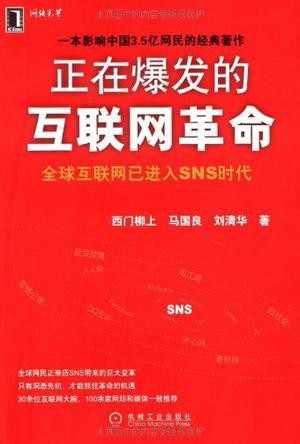




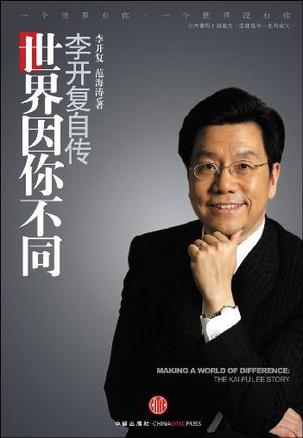
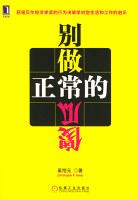
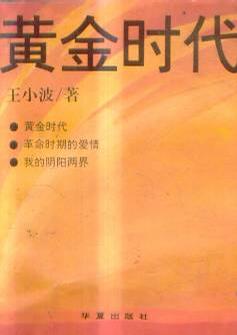
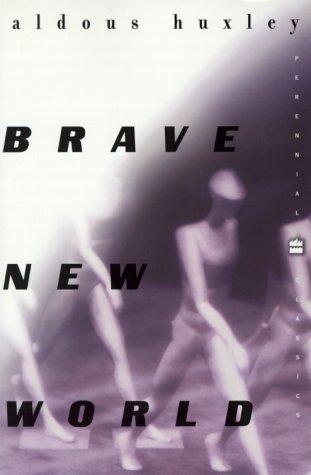
评价“John Stuart Mill and the Religion of Humanity”